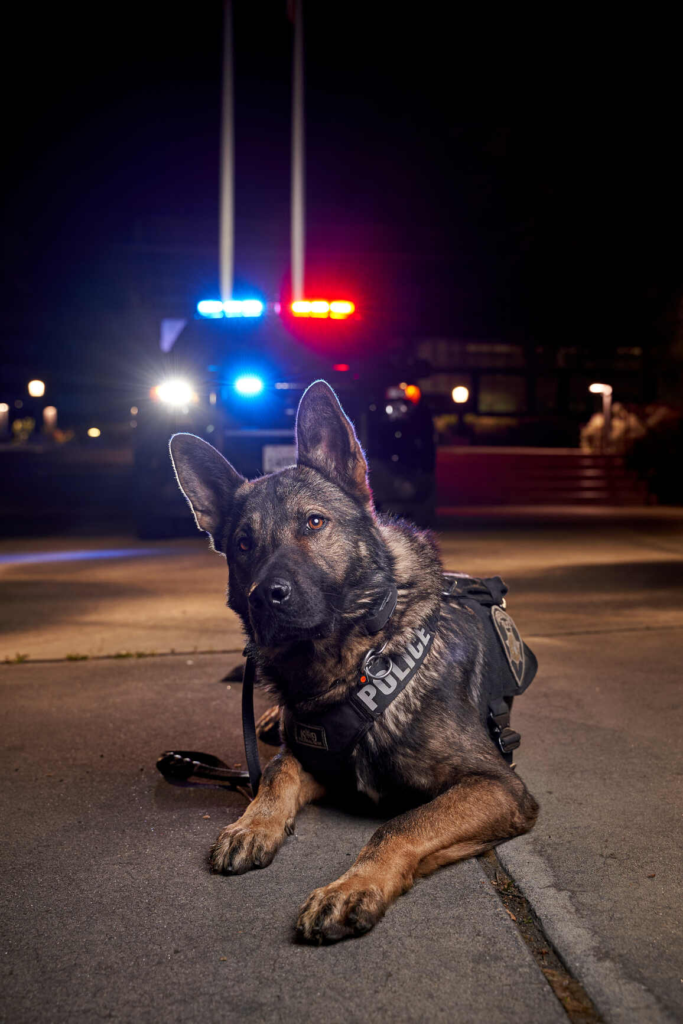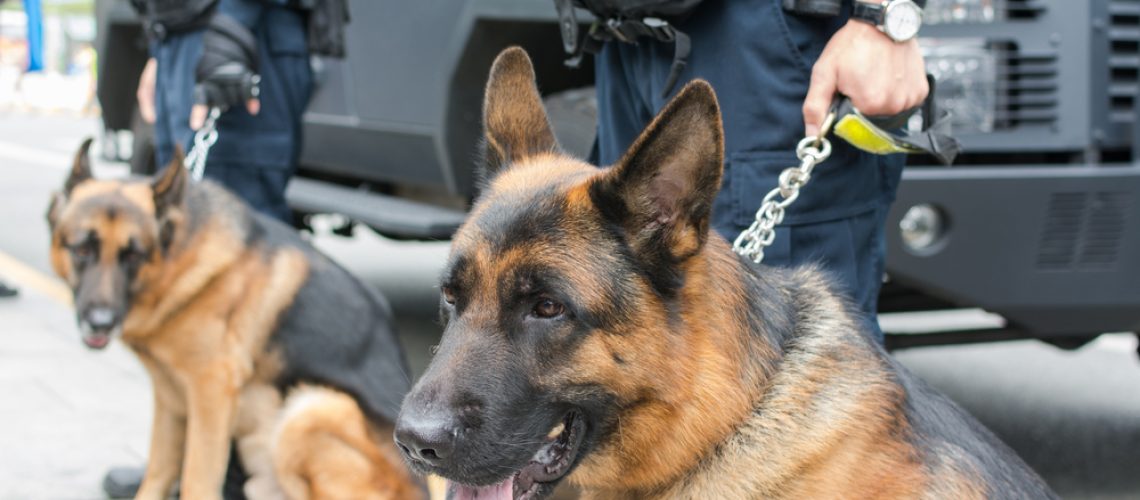The ancients knew a lot, which is why in addition to coining the phrase “divide and conquer,” they quickly understood how “unity is strength.”
In every nation around the world, the Police carry out their regular duties of patrolling, crime prevention, and law enforcement. Within every Police force globally, there exist various units and specialties: we have the Police dedicated to Public Order, aerial and maritime patrols, the classic patrol Police with cars, known as “Volanti” in Italy and “Zeta” in Spain, just to provide a few examples. There’s also the Mounted Unit, and of course, our K-9 Unit. (Of course, there are many other units as well.)
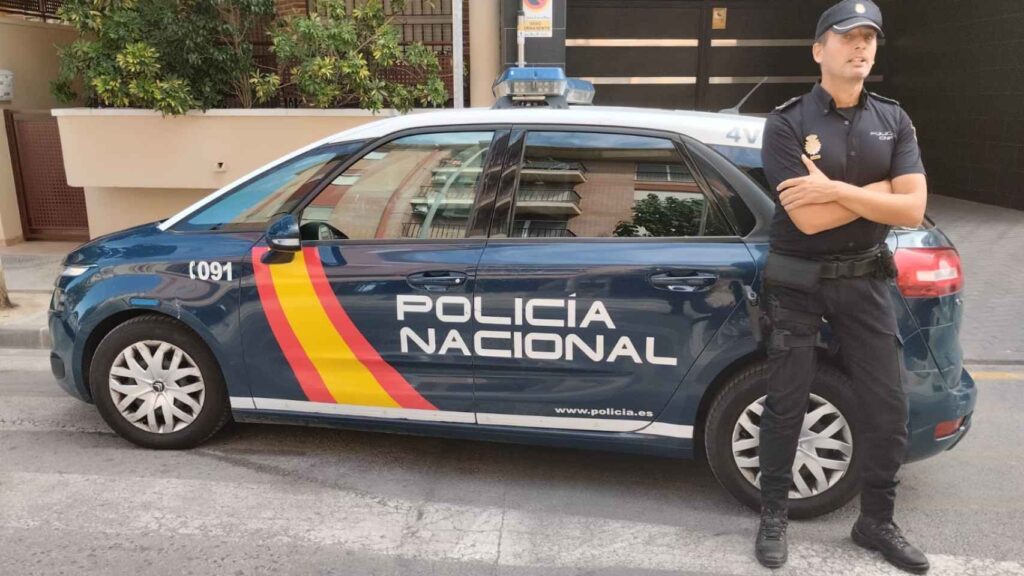
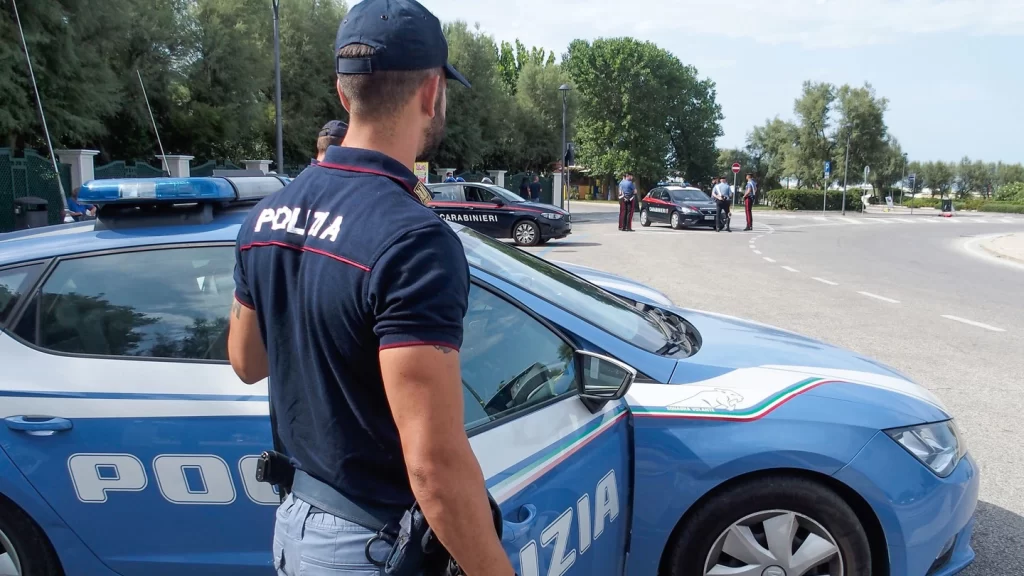

Now, the fact of having many units, each with different specializations, is both a joy and a challenge at the same time.
Specialization is, in my opinion, a crucial aspect to ensure that personnel are professional and dedicated to being the “best” in a certain area. However, at the same time, every specialist must immediately grasp the fact that, before their specialization, they are a police officer, a law enforcement agent. While this notion might be obvious to many, unfortunately, it’s not always the case.
This brings us to an important conclusion.
“If above all, I am a ‘cop,’ then I must be able to intervene in various contexts that go beyond my specialization, and furthermore, I must be able to work effectively and appropriately with all specialties.”
And then..
“If I need to know how to intervene with other specialties, then I must undergo training with them and have different intervention protocols depending on the situation.”
BINGO!!!
We hit the mark. This is the unequivocal answer for an extraordinary Police work.
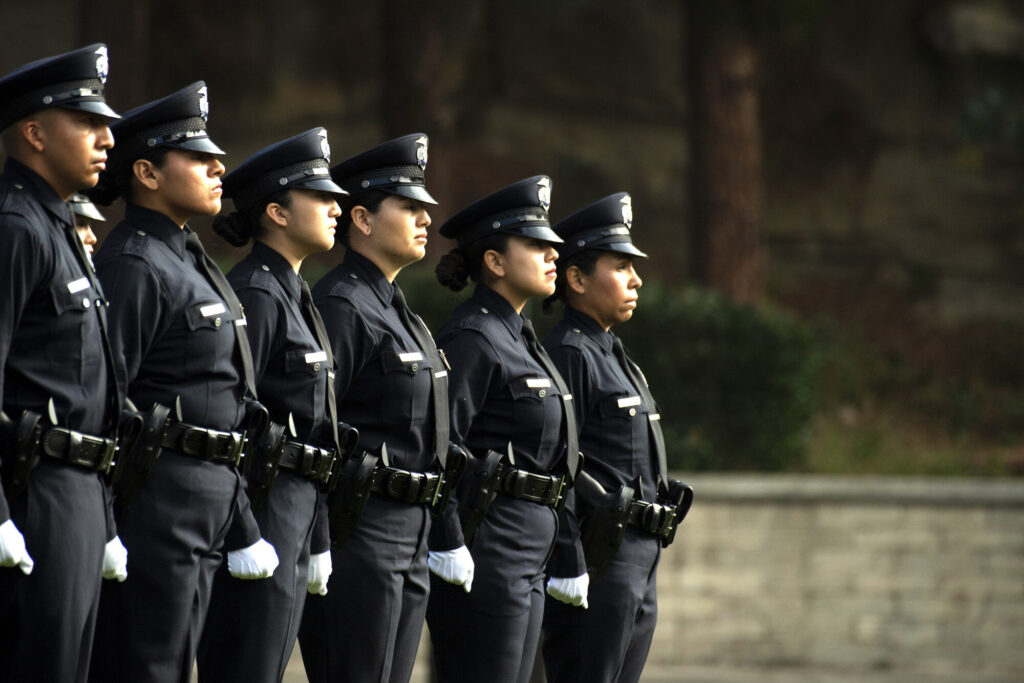
Unfortunately, in reality, this “bullseye” is far from being achieved.
Very often, each unit trains on its own and doesn’t have widely shared intervention protocols (one for the specialty and one for how that specialty should interact with other units). There’s a true watertight compartmentalization that, from time to time, intersects in massive cross-specialty events (not to mention inter-agency work where the situation is nothing short of chaotic), where the various units “attempt” to work together to achieve the training objective.
I remember very well, back in 2009, during a cross-specialty and, alas, cross-agency training in the city of Turin, we simulated a terrorist attack in the city’s subway. At that time, I had my explosive-detection dog named Tango, a black Labrador Retriever.
The result? If it had been a real terrorist attack, we would have died repeatedly and in every imaginable way, a scenario reminiscent of Tom Cruise’s movie “Edge of Tomorrow.”
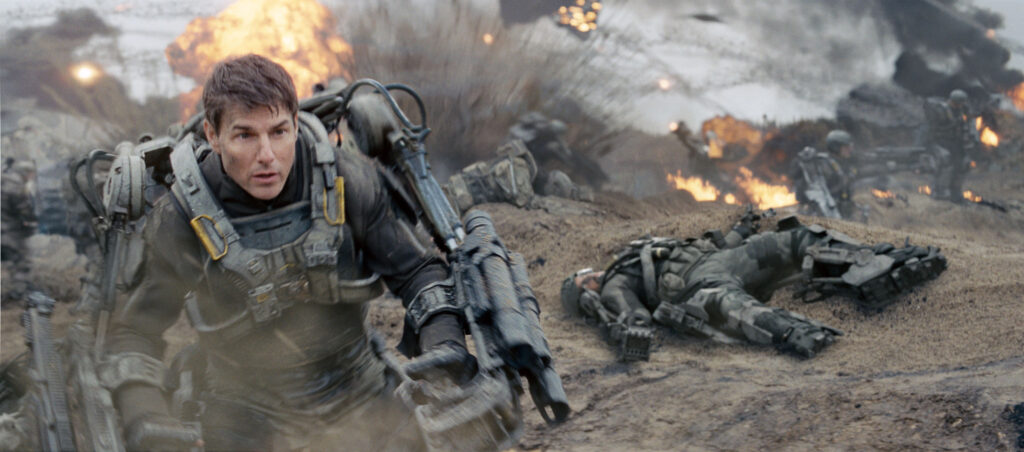
What was the reason?
Was it our individual specialty’s lack of preparation?
While more training is certainly always beneficial, the cause wasn’t to be found solely in that aspect.
The cause was a complete lack of cross-departmental training, where everyone should have been thoroughly trained not only in their own specialty but also in specific protocols for interactions between units.
This was just one example, but I could provide you with hundreds more.
Try to imagine now an operational entry scenario into a building, where the K-9 unit works with the rapid response unit, be it the “Squadra Volante” or “Zeta,” or even more specialized units like “SWAT,” “NOCS,” or “GOA” (curiously, these highly specialized units have their own K-9 units). Have you managed to envision the outcome?
I believe you probably have, and I don’t think I need to describe it in detail…
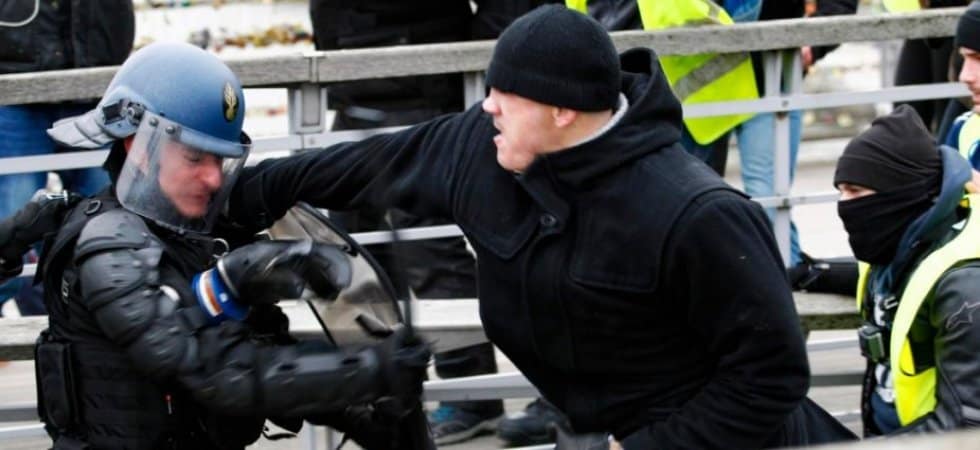
Now, we, as the “elite” of the K-9 world, have the responsibility to encourage such trainings, to propose them and keep proposing them, and if the official command doesn’t “officially” accept it, as I often did in my career, where I involved the Bomb Disposal Unit in my explosive detection training. I assure you that such collaborations not only allowed professional growth on both sides but also enabled us to intervene with “devastating” effectiveness and efficiency in operational contexts.
As for the fact of being “cops” before being specialists, we unquestionably must consistently work on the fundamental skills of every police officer, such as hand-to-hand combat, evasive driving, vehicle interception, building entries, operational firearm usage, expandable baton techniques, arrest techniques, and more – just to name a few.
Remember: Being a specialist doesn’t exempt you from responsibilities, functions, or techniques; in fact, it adds a wealth of skills. After all, the term “specialist” is not used in vain.
